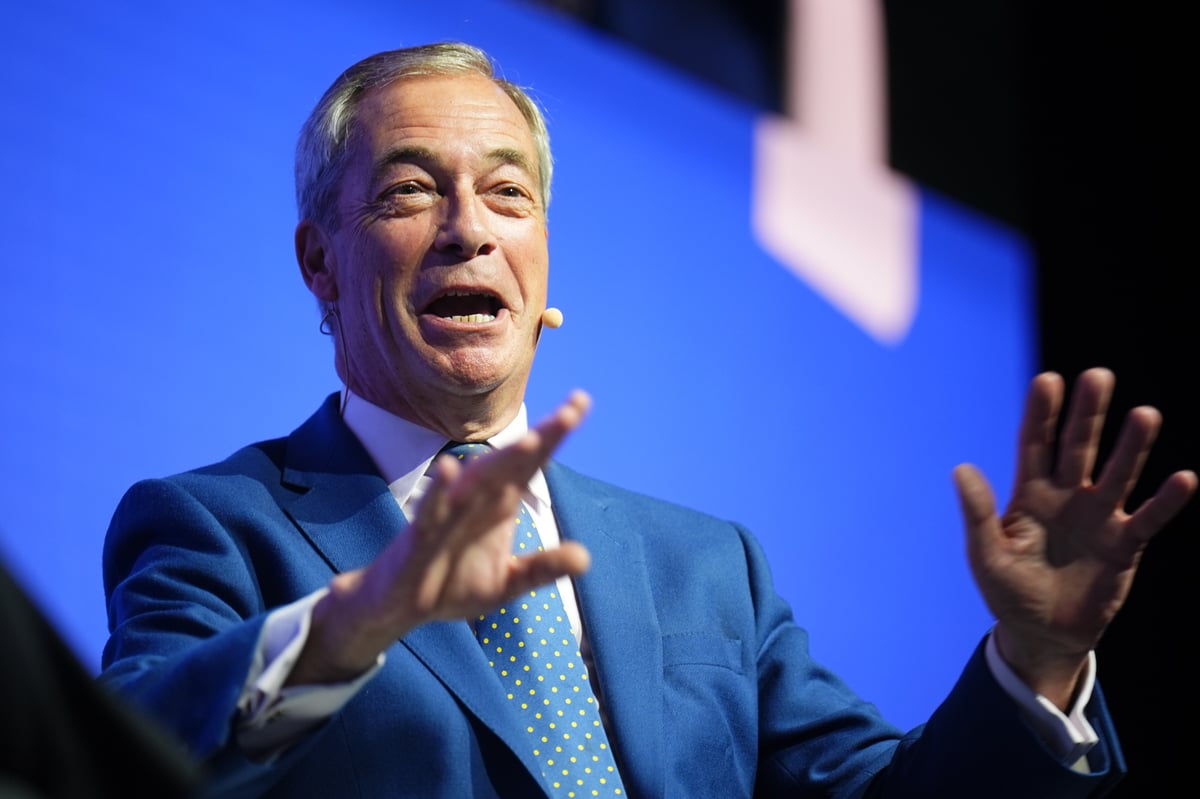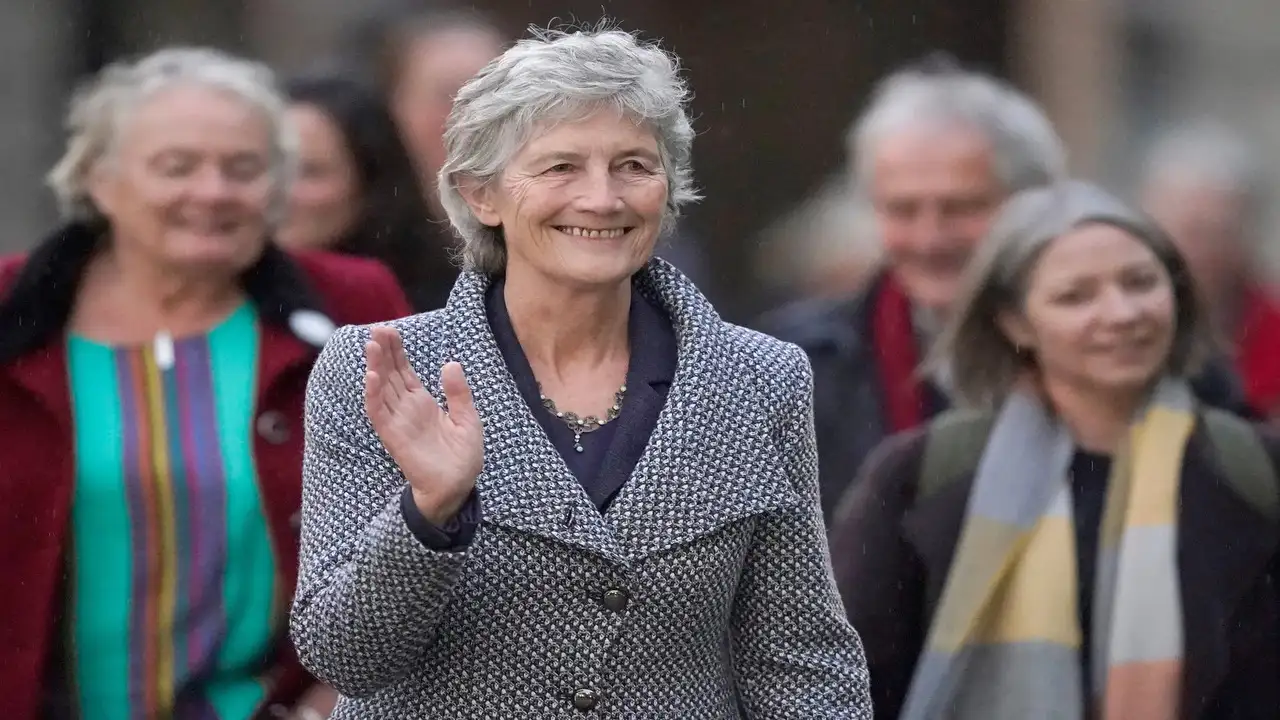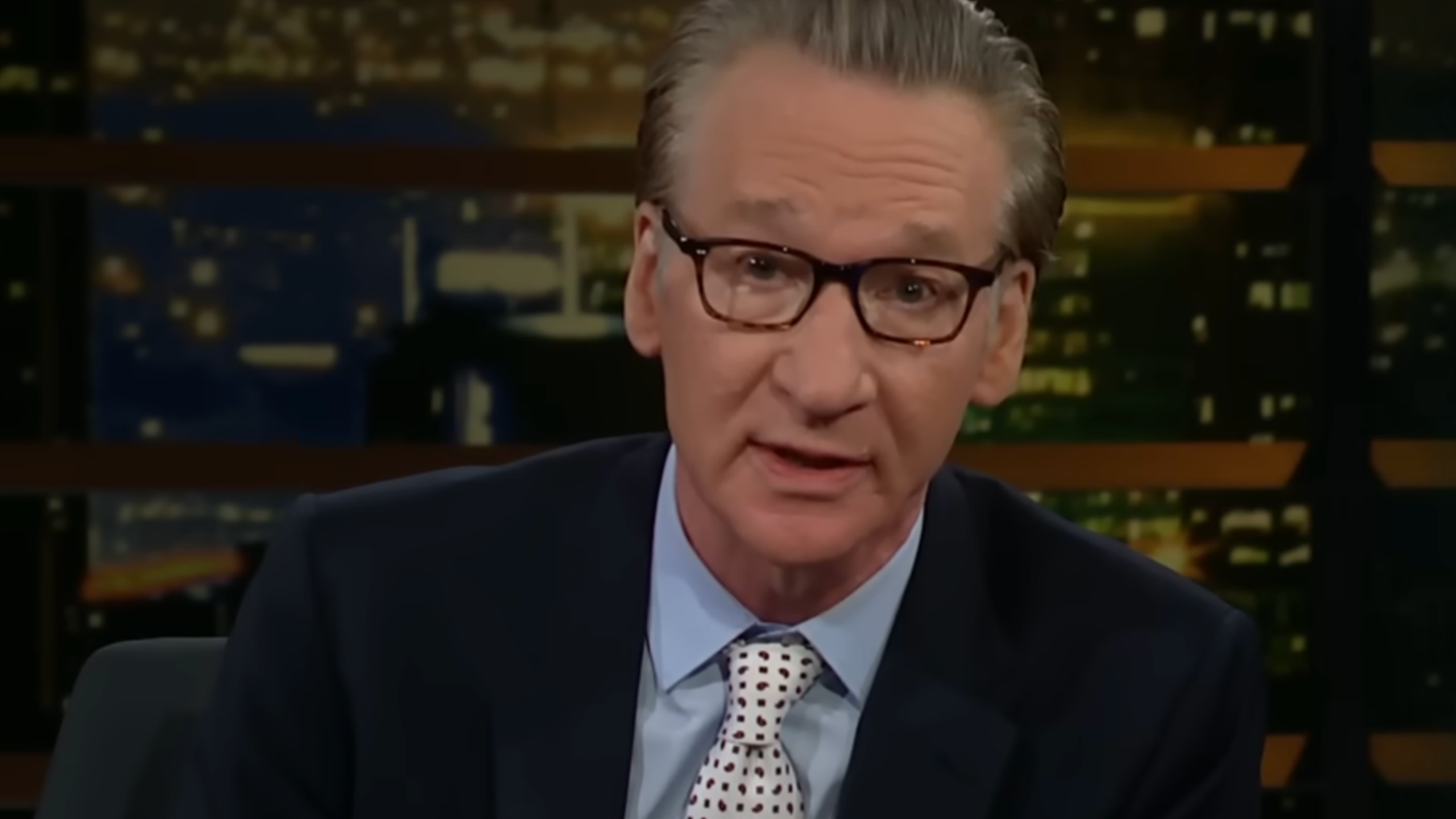Copyright scotsman

Nigel Farage's Reform UK is on course to become the second biggest party in Holyrood with 22 MSPs, a bombshell new poll has found. Survation put Mr Farage's party second on both the constituency and regional list votes for the first time. The polling, commissioned by the IPPR Scotland think tank, suggests the SNP will remain the largest party but will fall short of an overall majority. First Minister John Swinney has staked his independence strategy on securing a majority and using it to push for a second referendum. The new poll puts the SNP on 34 per cent of the constituency vote, followed by Reform UK on 22 per cent and Labour on 18 per cent. The Conservatives are on 10 per cent, the Liberal Democrats 8 per cent, the Greens 7 per cent and Alba 1 per cent. READ MORE: Major spike in trials sparks calls for more courts amid fears of victim impact On the more proportional regional list vote, the SNP is on 29 per cent, Reform UK 20 per cent, Labour 17 per cent, the Tories 12 per cent, the Liberal Democrats and Greens both on 10 per cent, and Alba 2 per cent. According to modelling by the pollster Mark Diffley, this would put the SNP on 55 MSPs, down nine from the 2021 Holyrood election. Reform would win 22 seats, while the Tories would fall to just 12, down from 31 in 2021. Labour would drop from 22 to 19. The Greens would secure 10 MSPs and the Liberal Democrats 11, up from just four. READ MORE: Multiple women to sue Scottish council over country school abuse Mr Diffley told The Herald: “This is the first poll in Scotland to show Reform UK in second place on both the constituency and regional list votes. “It consolidates the trend we have seen over the past year, with the party averaging around 20 per cent support and now edging ahead at 22 per cent. “They seem to be pushing Labour further back into third place, which is a clear problem for Labour.” Survation polled 2,043 adults between September 22 and October 14. The Scotsman’s daily newsletter is a must read - subscribe now Stephen Boyd, director of IPPR Scotland, said Reform “looks set to become a very significant presence at Holyrood”. He said: “It is difficult, if not impossible, to reflect on the challenges that our polling highlights—dissatisfaction with public services and very low confidence that things will improve—and conclude that Reform is the answer. “Multiple reports have emerged recently of Reform-led councils in England floundering because they had assumed they would find high levels of wasteful spending that could be more effectively deployed elsewhere. “Of course, what they found was that services are already cut to the bone and no fat left to trim. It seems that punting nativist memes around febrile online echo chambers is no preparation for effective administration. “The growth of anti-establishment politics has its roots in voters’ growing belief that government does not deliver. That feeling is fed by overambitious targets and promises on the one hand and a lack of realism about tax on the other. “Parties must present voters with the reality we face as pressures from climate and ageing grow—we either share the costs of dealing with these challenges fairly through the tax system, or we allow them to worsen and leave the public to deal with them out of their own pockets.”



